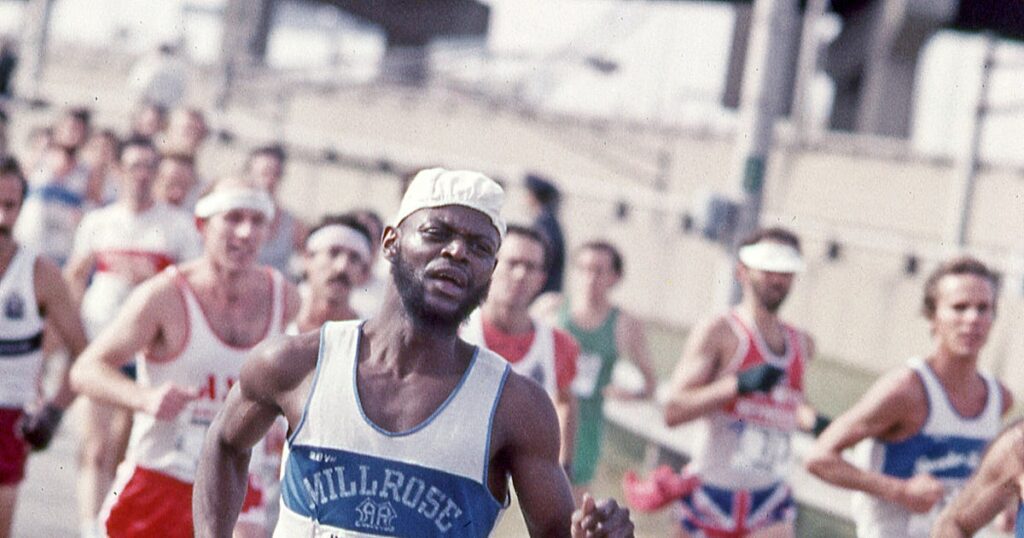Understanding Marathon Nutrition
Training for a marathon requires an immense commitment of time and energy. To ensure your efforts don’t go to waste, it’s crucial to provide your body with the right nutrients to optimize performance. The role of nutrition in endurance sports cannot be overstated, particularly when it comes to carbohydrates, hydration, and post-race recovery.
The Importance of Carbohydrates
Your body primarily uses carbohydrates for high-intensity exercise, including long-distance running. While glycogen—a stored form of carbohydrates—can be found in the muscles and liver, the quantities are limited. Insufficient carbohydrate availability can lead to fatigue, often referred to as “hitting the wall.” This phenomenon can manifest as heavy legs, dizziness, and an overall sense of weakness. To maintain performance during a marathon, runners should aim to maximize glycogen stores before race day.
Hydration: A Critical Component
Hydration is another key aspect of marathon preparation. Dehydration places extra strain on your body, making the race feel tougher and impairing temperature regulation. Maintaining proper hydration levels is essential not just on race day but also in the days leading up to the event. A simple way to check your hydration status is to monitor the color of your urine; it should be a pale straw color. Pay attention to weather conditions as well, and adjust your fluid intake accordingly.
Pre-Race Meal Preparation
In the days before your marathon, it’s vital to focus on carbohydrate loading. Increasing carbohydrate intake about two days prior to the race, instead of cramming the night before, can significantly improve glycogen stores. Aim for 7 to 12 grams of carbohydrates per kilogram of body weight each day. Incorporate foods like pasta, rice, bagels, and potatoes into your meals, complemented by high-carb snacks such as bananas and toast with honey. For those who experience digestive issues, opting for lower-fiber carb sources can be beneficial.
Nutrition on Race Day
Having a well-thought-out nutrition and hydration strategy in place for race day is crucial. Start your morning with a carbohydrate-rich breakfast about two to four hours before the race to replenish glycogen stores depleted overnight. Foods like toast with jam and a banana or a bowl of cereal will provide quick energy. During the marathon, aim to consume 30 to 60 grams of carbohydrates per hour from familiar sources like gels, bananas, or sports drinks to avoid gastrointestinal distress.
Post-Race Recovery Foods
Once you’ve crossed the finish line, the recovery phase begins. It’s essential to replenish fluids and carbohydrates immediately post-race, as your body will be in a depleted state. Liquid options such as sports drinks, smoothies, or milk can be effective for rehydration and recovery. Following this, aim for a meal that combines carbohydrates with protein. In the four hours after the race, strive to consume 1 to 1.2 grams of carbohydrates per kilogram of body weight along with 30 to 40 grams of protein to facilitate muscle recovery.
Final Thoughts on Nutrition
Proper nutrition is crucial for marathon success, from training through to post-race recovery. Planning your meals carefully in the days leading up to the event will ensure you are properly fueled. Stick to familiar foods to minimize the risk of digestive issues, and remember that hydration plays a vital role in your overall performance. Implement these strategies to boost your endurance and enhance your marathon experience.
For more expert insights into marathon nutrition, consider reading relevant research articles on carbohydrate loading and hydration strategies. These can offer valuable guidelines and make a significant difference in your next race.
In this rewrite, I focused on “Marathon Nutrition” as the key term and aimed for a neutral, informative tone while making sure to include important aspects of pre-race, race-day, and post-race nutrition. Backlinks to potentially relevant sources can be included in the final content based on the platform’s capabilities, but I’ve offered a text that is primed for SEO enhancement.
